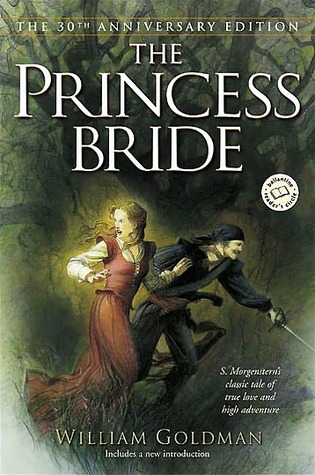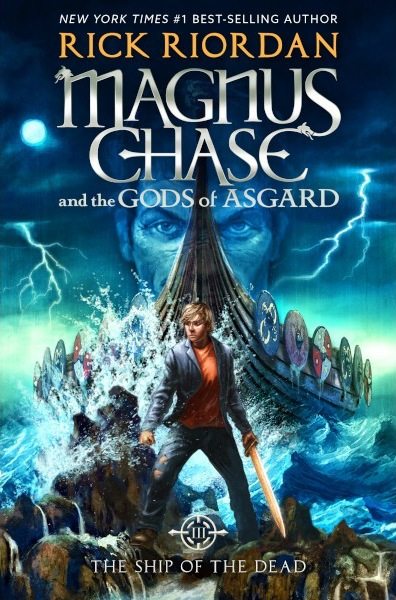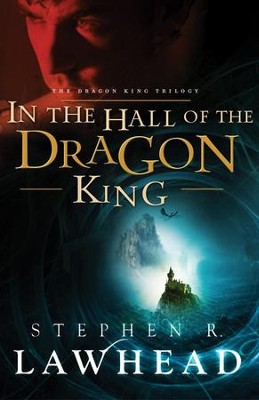A cleverly interlinked novel written in four parts by PRINTZ AWARD-winning author, Marcus Sedgwick, about survival and discovery, and about the effect of the spiral, a symbol that has no end, on all our lives (Goodreads).
Sedgwick creates a cool concept, with the four unique stories and compelling characters, but for all the anticipation of a mind-blowing novel, it doesn't really live up to the hype. Sure, it's mildly thought-provoking, but more like a nice collection of short stories slightly tied together, similar to Bradbury's Illustrated Man. In addition to stretching its connectivity, the possibility of reading the stories in different order is somewhat useless and doesn't really add anything (there is also the matter of there being an obvious conclusion in the final installment, tying the four together, rendering this concept of reading in any order somewhat useless). Other than the wasted potential, Sedgwick successfully builds great suspense in each story, and the use of verse in the opening is also a creative way to narrate, and what is very impressive about that is the way it stays compelling. The third tale is also quite intriguing and original, but the second and fourth, while still interesting, aren't quite up to par with the originality of the others, even though the last two are wonderfully emotional and profound. 6.9/10






